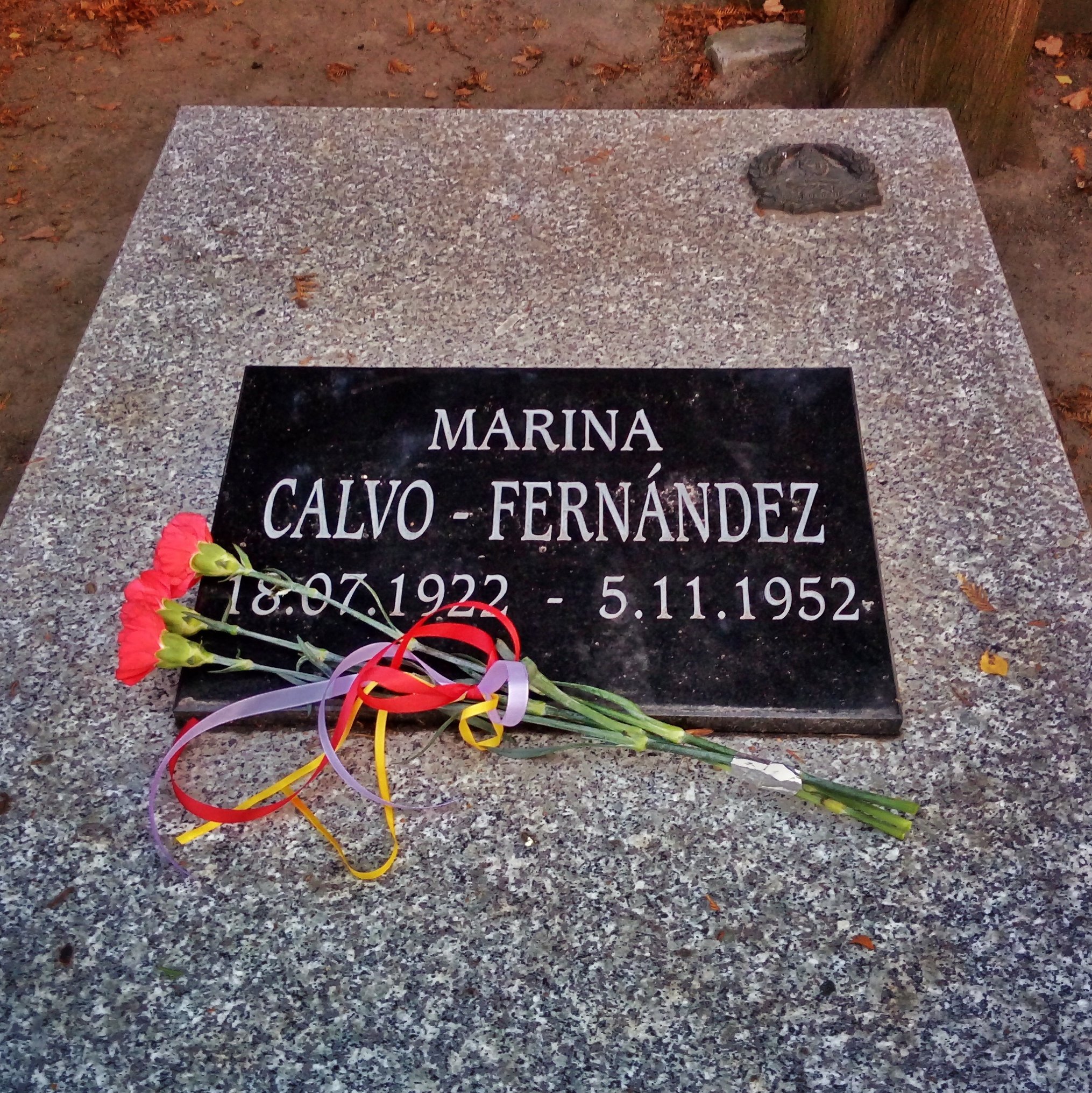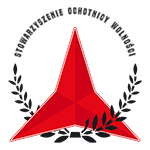At the Powązki Military Cemetery in Warsaw one can find the grave of Marina Calvo de Fernandez. She was born in 1922 in Spain and was a member of the Juventudes Socialistas Unificadas (United Socialist Youth). After the fall of the Spanish Republic, she managed to get to France, where she was active in the resistance movement during the Second World War.
Her husband, Luis Fernandez, was born in 1909 in Bilbao. He was an anti-aircraft artillery sergeant during the Spanish Civil War and from 1941 he was active in the French resistance movement, in Agrupación de Guerrilleros Españoles (Group of Spanish Partisans) consisting of about 9,000 republican immigrants. He became its commander in 1944. As part of the 35th main-d'œuvre immigrée brigade (Immigrant Labor Force), Luis Fernandez collaborated i.a. with former Dąbrowski Brigade Volunteers. The Basque was also responsible for numerous daring actions aimed at the Germans in Toulouse, and the Spanish troops played a key role in the liberation of several departments of France. In October 1944 Fernandez co-organized the Operation Reconquista de España (Reconquista of Spain) in an attempt to provoke an anti-Franco uprising in Spain with the help of Spanish guerrillas entering from France. The operation was a failure – Franco, having found out about the plan, sent enormous forces to the French border. Several hundred partisans and soldiers were killed on both sides.
For his work in the French resistance Luis Fernandez was awarded the Legion of Honour, the Croix de Guerre, and the Resistance Medal. But even that hadn’t saved him from the 1950 repressions of the French government against Spanish members of the communist movement living in France. Boléro Paprika Operation, which involved the arrests, resettlements, and expulsion from the country, affected around 170 republican immigrants (the operation also affected around 60 Poles accused of communist activities). Luis Fernandez and Marina Calvo got sent to Corsica, from where they moved to Poland, where Marina arrived seriously ill and, despite intensive treatment, died in 1952. She was buried at the Powązki Military Cemetery in Warsaw. In the 1960s, the National Dąbrowski Brigade Commission decided to decorate the graves of Spanish immigrants involved in the defense of the republic, who died in Poland, with the Dabrowski emblem present on the tombstones of Polish volunteers. Such decoration can also be found on Marina's grave. Her husband, Luis Fernandez, left Poland in 1953 and moved back to France, where he died in 1996. Marina's sister, Natividad Calvo, lived in Warsaw until the 1980s, when she returned to her hometown of San Sebastian. Son of Marina and Luis graduated from the Medical University of Warsaw and settled in Sweden in the mid-1970s.
As a result of the French Boléro Paprika Operation a dozen or so Spanish families moved to Poland. By an interesting coincidence they were accommodated in the Praga II housing estate, near the Dąbrowski Brigade Street.

